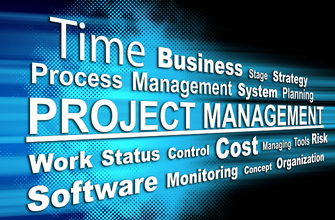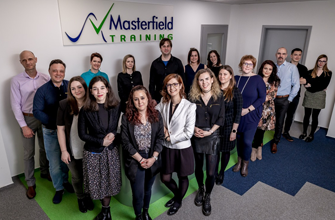349 500 HUF + VAT (905 EUR + VAT)
ISTQB Performance Testing live course - Dates and application
First training day: 24 November 2025, Further training days: 25., 26.
349 500 HUF + VAT (905 EUR + VAT)
Applying for closed-group training
Application without a date
The course is recommended for those software testers who wish to pass the ISTQB Performance Testing exam. By the end of the course, our students gain a comprehensive knowledge of the theoretical methodology, tasks, and difficulties of performance testing.
For those software testers who intend to design, implement, and run performance tests.
ISTQB Certified Tester Foundation Level certification as well as at least an intermediate knowledge of English since the training material and the certification exam are in English.
In the world and also in Hungary, there has been a growing trend in the complexity of enterprise IT systems in recent decades. At the same time, more serious performance requirements concerning IT systems have appeared both on the user and customer side. Therefore, within IT more attention is paid to the performance methodologies used for verifying these requirements as well as to the performance testing professionals who are familiar with them.
Our exam preparation training presents the theoretical methodology independently of clients and devices. Furthermore, practical tasks help our students to understand the usage of knowledge in real life and also to pass the exam. While practicing, our students can learn about performance testing tasks through an example of a software development project and become part of the project by solving the task by themselves.
In addition to exam preparation, the aim of our course is to provide an in-depth knowledge of performance testing methods, so it is also recommended for those who are still new to the ISTQB software testing certifications.

Syllabus:
1. BASIC CONCEPTS
1.1. Principles of Performance Testing
1.2. Types of Performance Testing
1.3. Testing Types in Performance Testing
1.4. The Concept of Load Generation
1.5. Common Performance Efficiency Failure Modes and Their Causes
2. PERFORMANCE MEASUREMENT FUNDAMENTALS
2.1. Typical Metrics Collected in Performance Testing
2.2. Aggregating Results from Performance Testing
2.3. Key Sources of Performance Metrics
2.4. Typical Results of a Performance Test
3. PERFORMANCE TESTING IN THE SOFTWARE LIFECYCLE
3.1. Principal Performance Testing Activities
3.2. Categories of Performance Risks for Different Architectures
3.3. Performance Risks Across the Software Development Lifecycle
3.4. Performance Testing Activities
4. PERFORMANCE TESTING TASKS
4.1. Planning
4.2. Analysis, Design and Implementation
4.3. Execution
4.4. Analyzing Results and Reporting
5. TOOLS
5.1. Tool Support
5.2. Tool Suitability
Trainers
Do you have any questions about the training?

Course administrator
FOUNDATION TRAININGS FOR THIS COURSE
Don't have enough knowledge to complete this training yet? Then get the basics you need with these courses.
ISTQB Certified Tester Foundation Level e-learning

You may also be interested in these courses and e-learning packages
You may find the courses below interesting
ISTQB Foundation Level - Agile Tester Extension e-learning

ISTQB Certified Tester Advanced Level Test Manager e-learning

ISTQB Certified Tester Advanced Level Test Analyst e-learning

ISTQB Advanced Level Technical Test Analyst e-learning




























Az egész tanfolyam jól volt felépítve, remek példákkal, kiváló az oktató!
Horváth Attila
IT Services Hungary Kft.